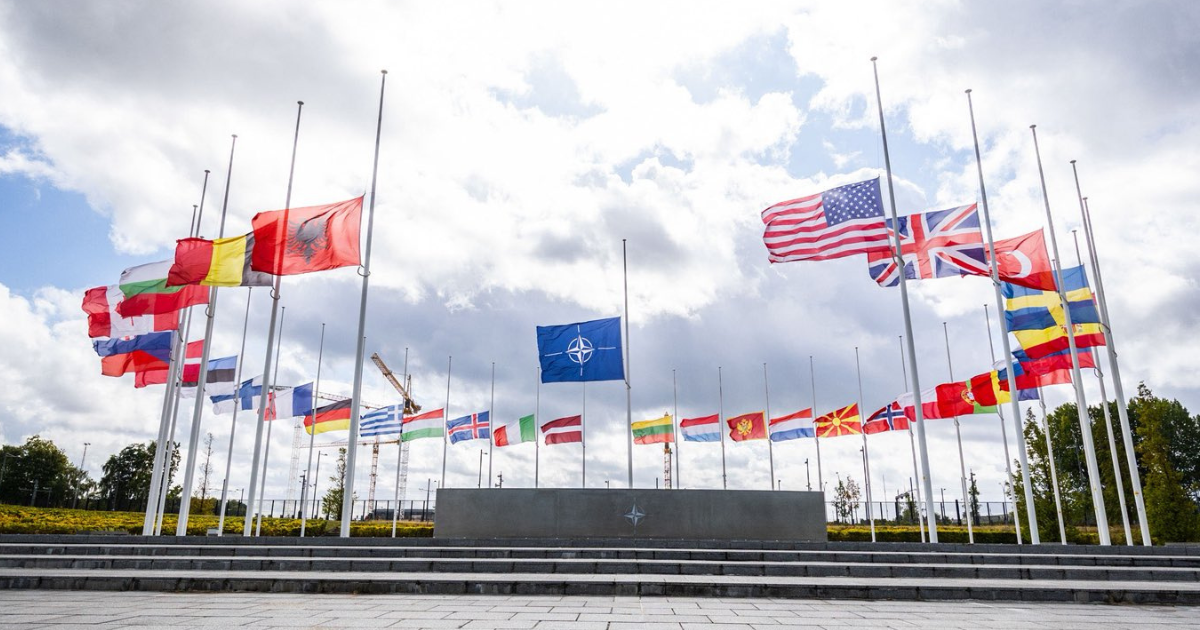WOLFF & HUDSON: Why U.S. Turns Friends Into Economic Hostages?

Article by: Juan Carlos
In a calm voice that cut sharper than any headline, Richard Wolff opened with a diagnosis: the United States is living through a declining capitalist order and a fraying empire, and the political class is masking that failure with scapegoats (1:07). He ticked through the roll call—Mexicans, China, now “the left”—and paired it to a record of broken promises: quick fixes for Ukraine and Gaza that never materialized, fresh confrontations with Iran and talk of Venezuela instead (2:25, 3:00). The pattern is familiar in history, he said: when elites can’t fix the engine, they blame, distract, and militarize.
Richard Wolff explains how U.S. tariffs act as entrance fees for foreign companies wanting to access the American market. He warns that this desperation exposes a declining empire treating its allies like colonies while fueling hysteria about Russia to mask the damage. pic.twitter.com/JTBGdYWcXT
— Swift Ratel (@SwiftRatel) September 11, 2025
Wolff’s ledger of obscenities wasn’t abstract. He cited widening inequality and a boardroom culture that rewards its own with numbers sized to stun—a “trillion-dollar” pay concept for a single tech titan as emblem of a system that makes the richest richer while real society buckles (7:02). At the same time, mid-crisis statistics get “revised” after the fact—leadership at the Bureau of Labor ousted, and a million jobs overcounted—signs, he argued, of an officialdom treating public trust as expendable (26:02).
Michael Hudson took the baton and put names to the machinery. Tariffs and sanctions failed to kneecap Russia and Iran; China is too independent. So the pivot, he argued, is to strip-mine the allies—press Germany, Korea, and Japan to dismantle high-value manufacturing at home and re-site it in the United States, a 21st-century remake of sterling-area colonial finance with the U.S. president directing terms (11:05, 13:39). The butchery comes with fine print: secret deals, coercive “investments,” and profit-splits that leave partner publics holding the risk. And then came the detail that blows the story open. What Hudson describes next—about drones, rules of war, and a boat a thousand miles from U.S. shores—reframes the whole strategy.
